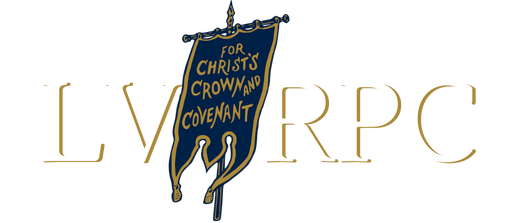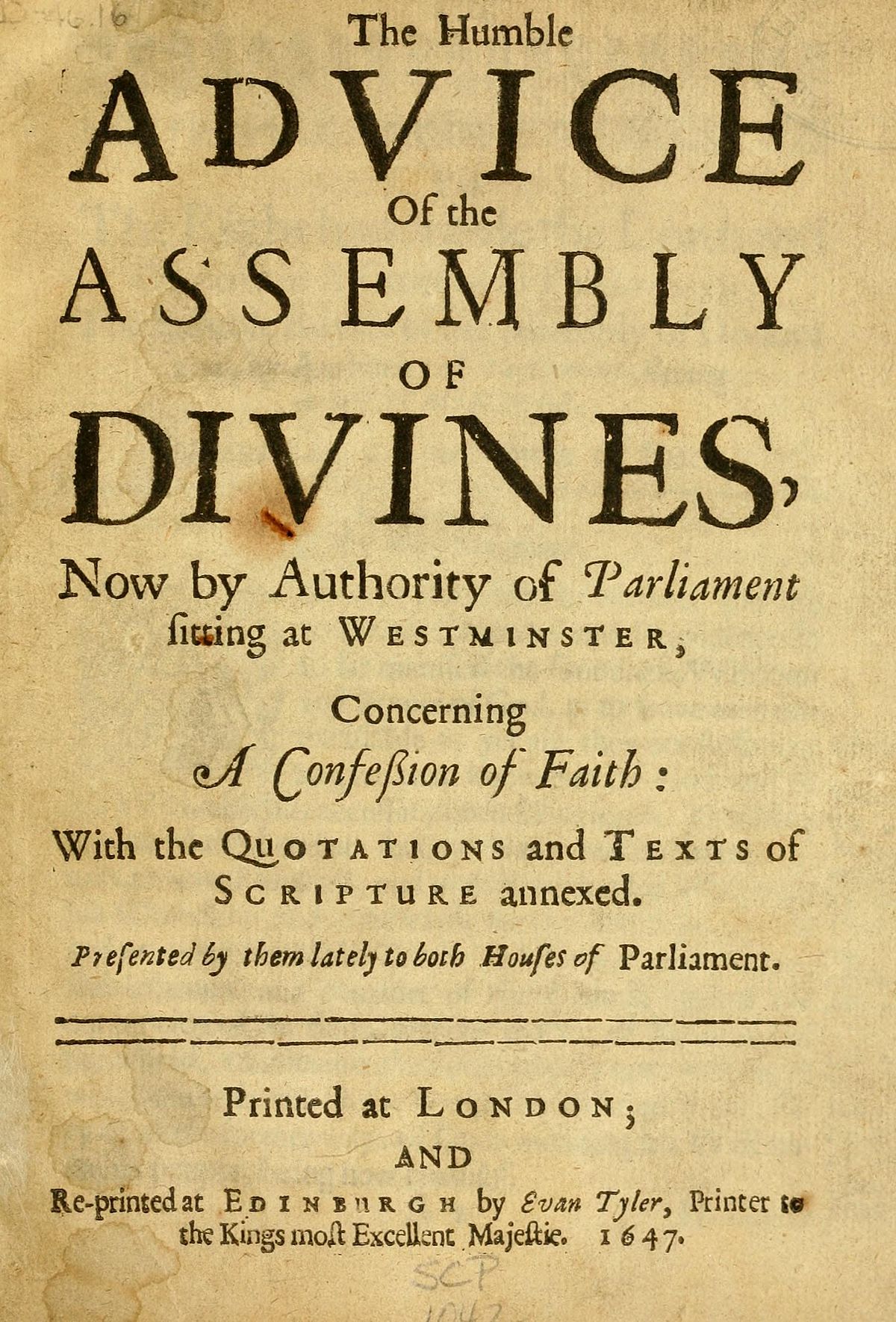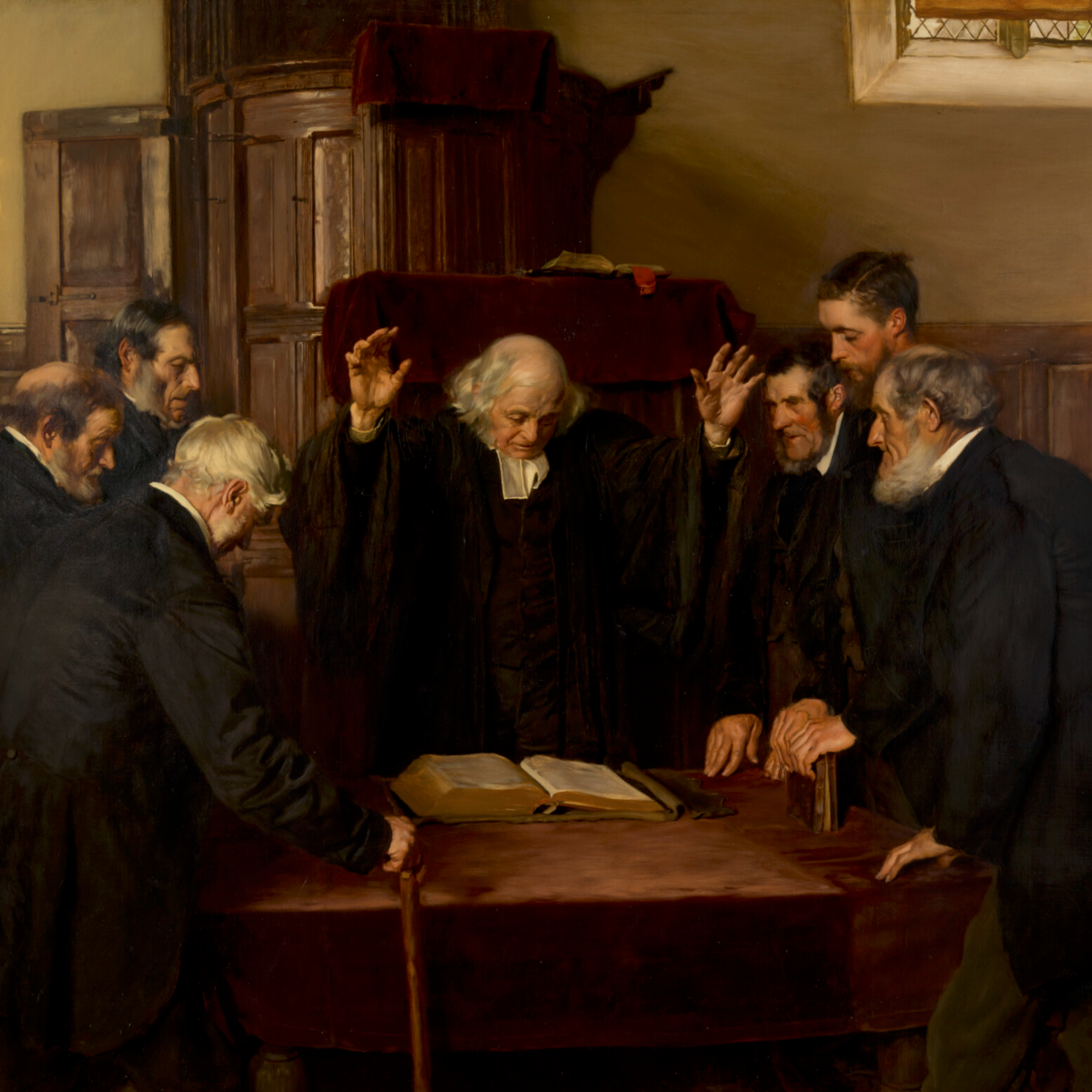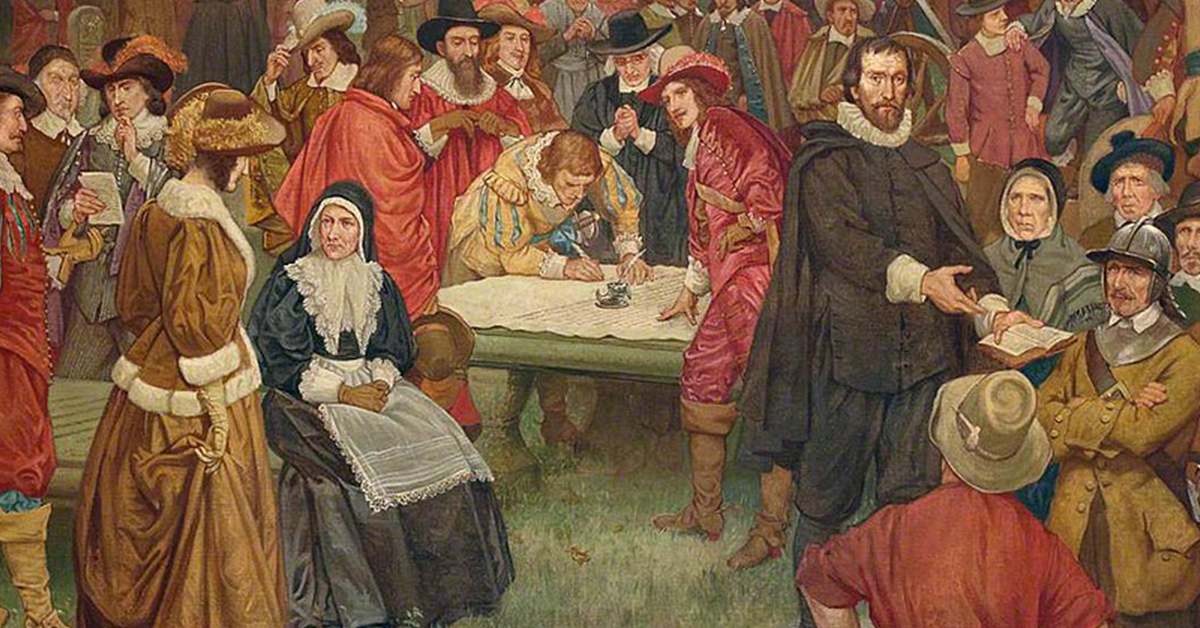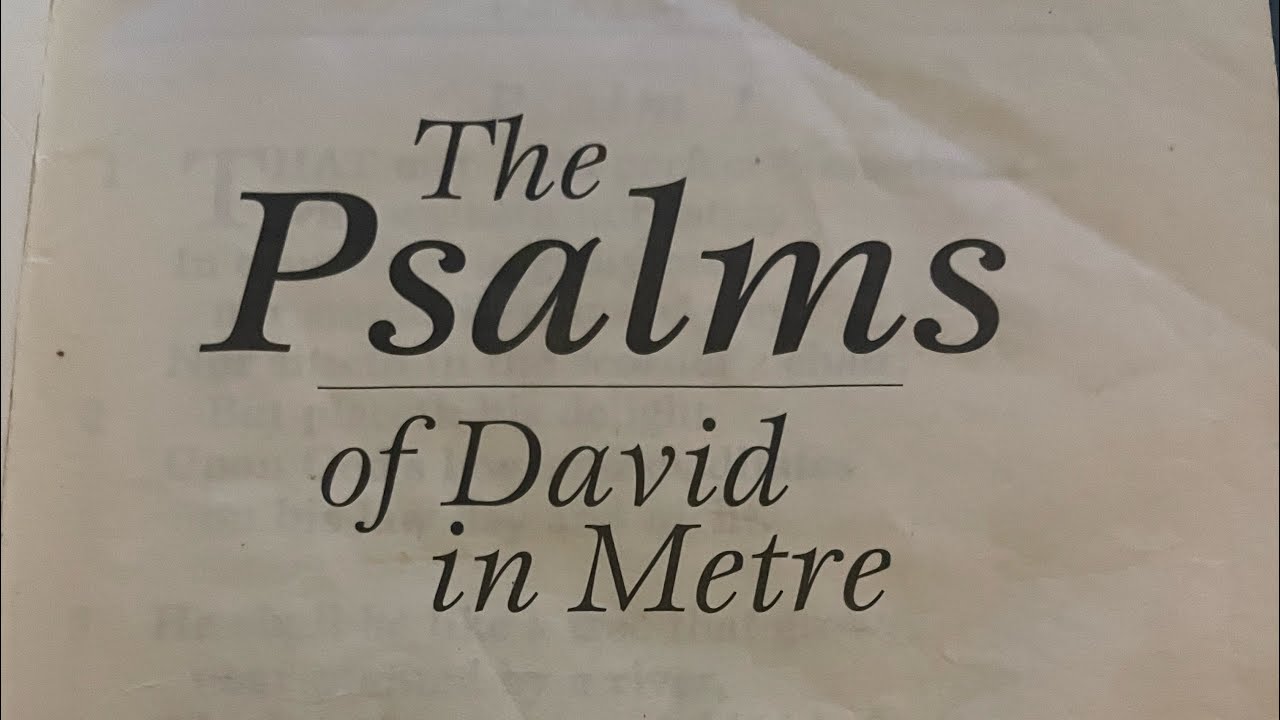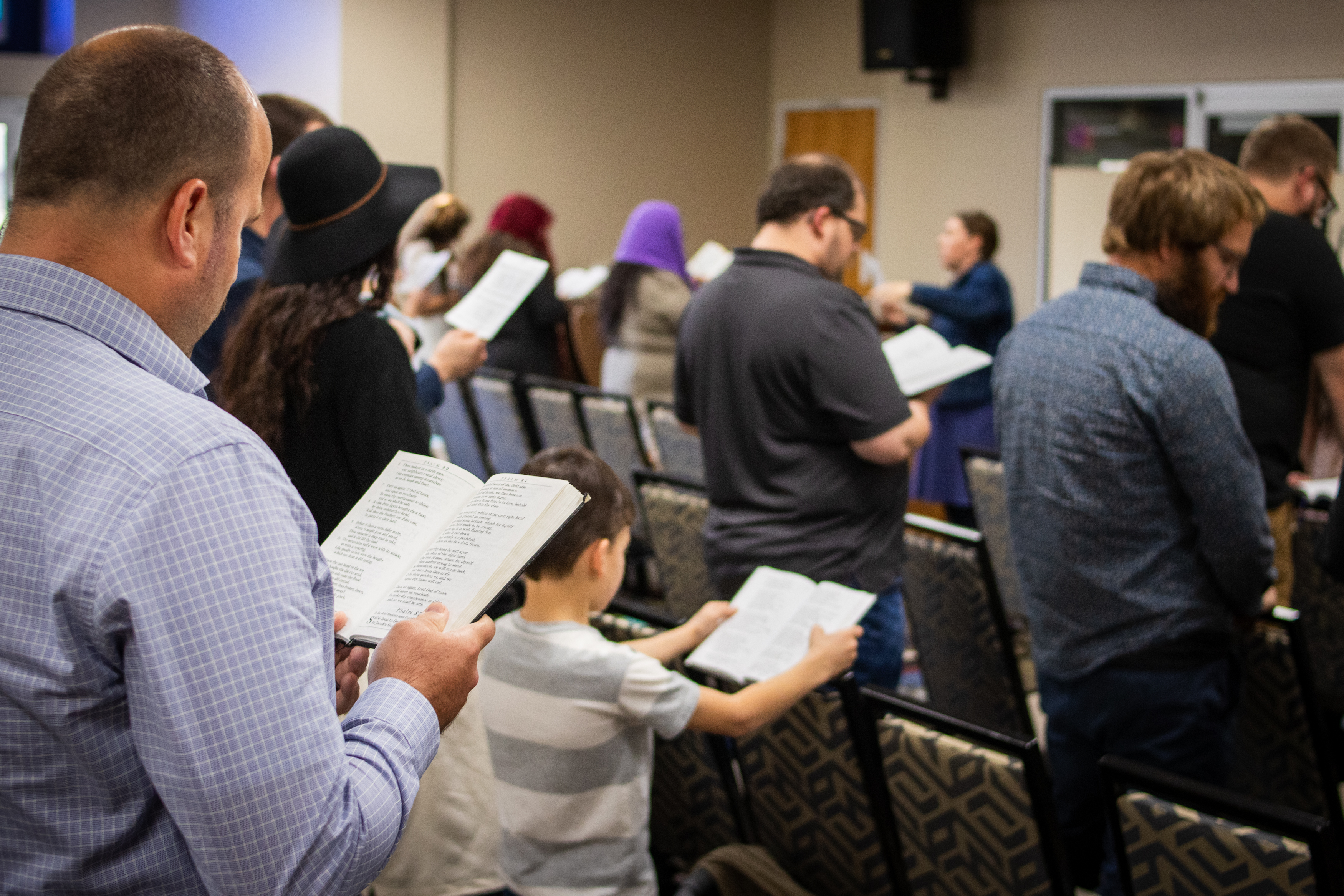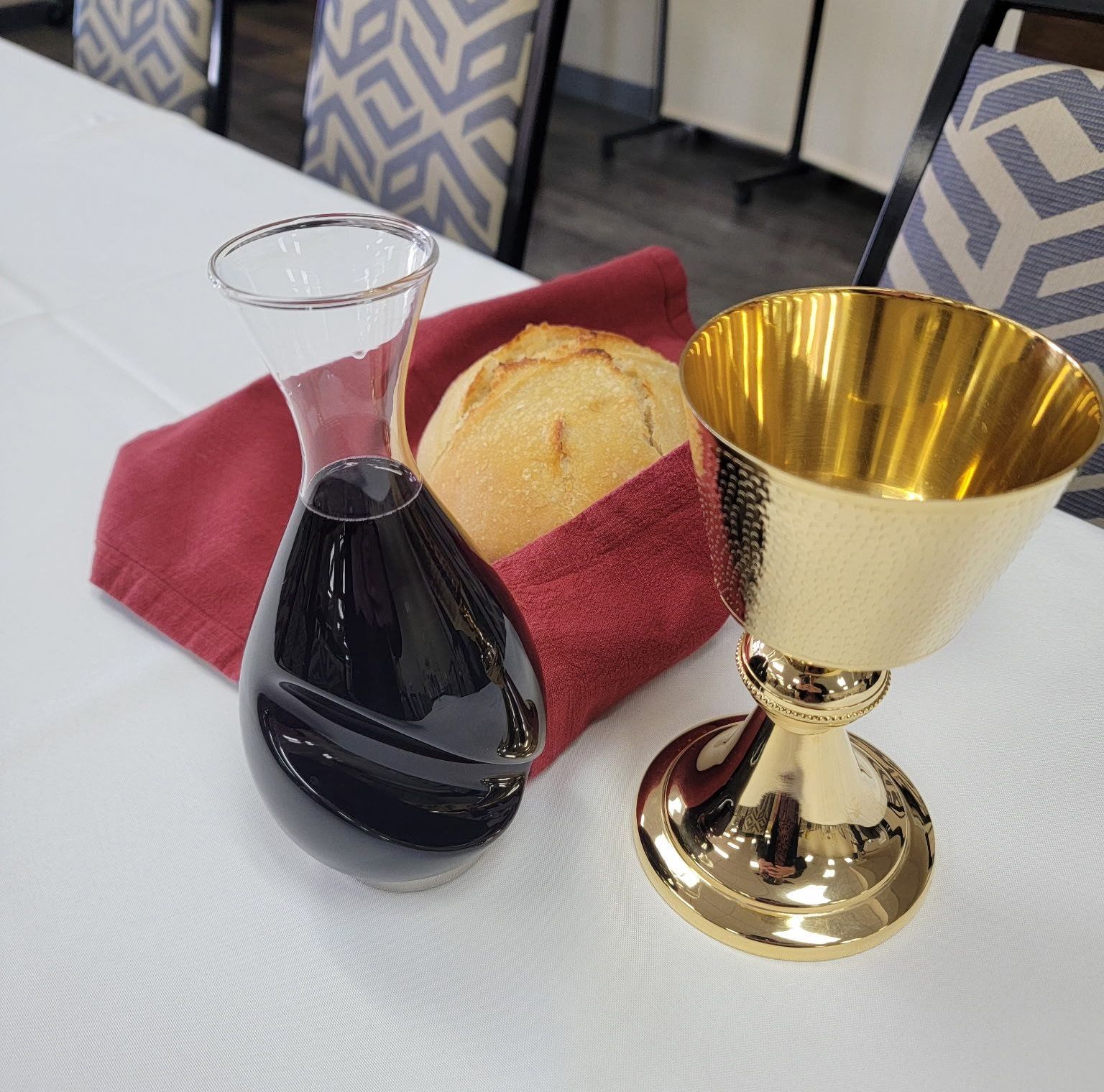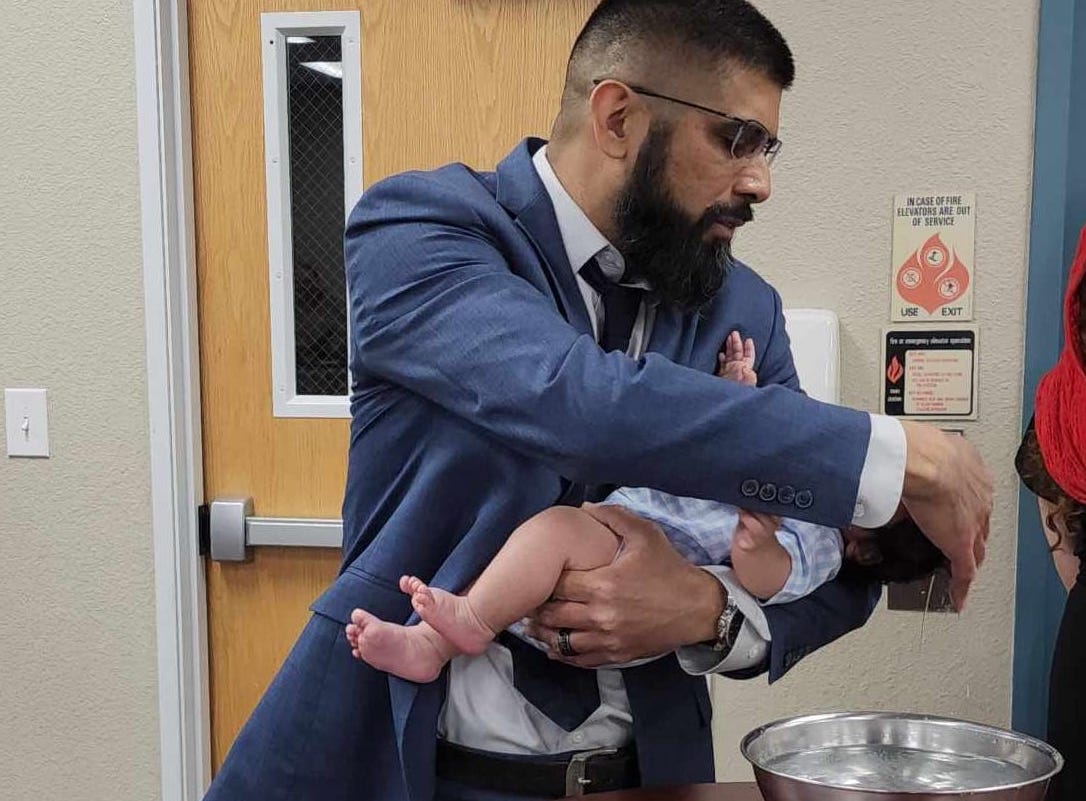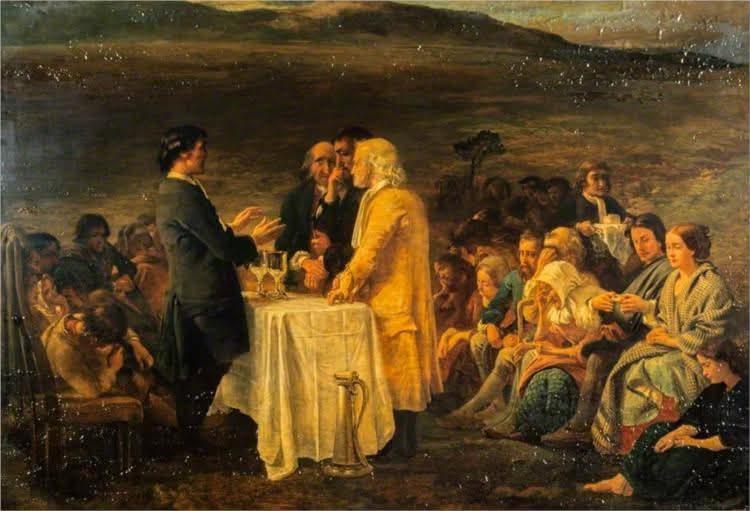Las Vegas Reformed Presbyterian Church is a growing community of believers dedicated to worshiping God and living faithfully according to His Word. Established as part of the Reformed Presbyterian Church of North America (RPCNA) in 2012, we enjoy the fellowship and support of the Pacific Coast Presbytery. We confess the Bible as the inspired, inerrant, and infallible Word of God, embracing the doctrines of grace and the historic Reformed faith as summarized in the Westminster Confession of Faith and Catechisms. We worship Jehovah, the One true God in Trinity, and Trinity in Unity. One God in Three Persons, the Father, the Son, and the Holy Spirit.
Our worship is simple and Word-centered, featuring the exclusive singing of Psalms without instrumental accompaniment, prayer, and experiential preaching. We affirm salvation by grace alone, through faith alone, in Christ alone, and acknowledge our total dependence on God for every spiritual blessing. As Covenanters, we recognize Christ as King over the Church and over all Nations. We believe that nations are to enter into a public social covenant with King Jesus. We seek to advance His Kingdom on earth through faithful living and proclamation of the gospel. Our desire is to glorify God and serve as witnesses to His truth and grace.
